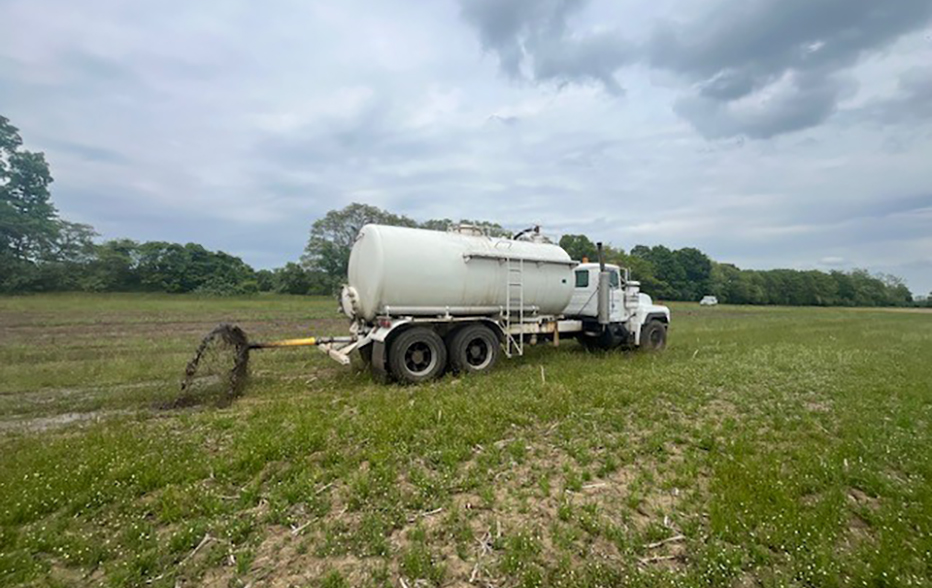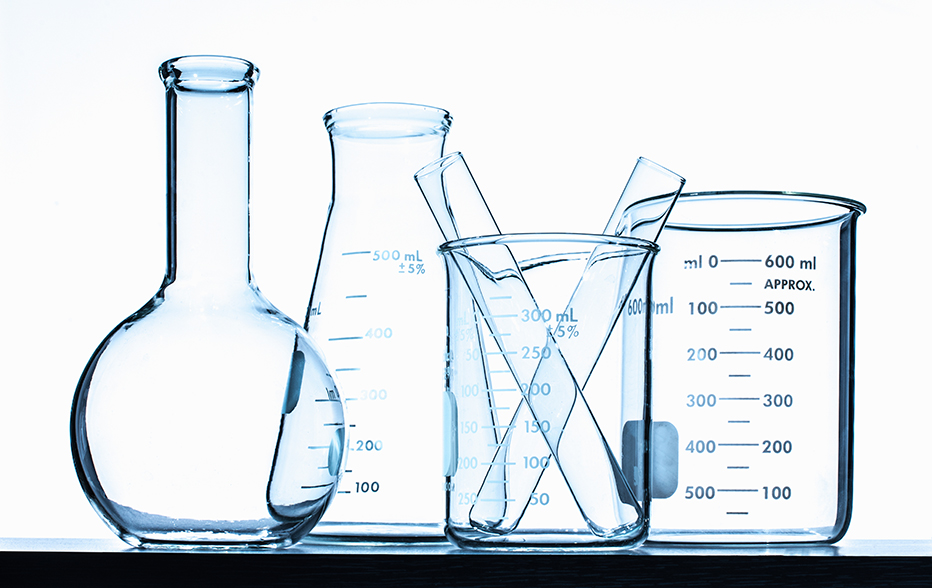What are Residuals?
The term “Residuals” refers to solid waste that consists of the accumulated solids and associated liquids which are by-products of a physical, chemical, biological, or mechanical process, any other process designed to treat wastewater, or any other discharges subject to regulation under the New Jersey Water Pollution Control Act (N.J.S.A. 58:10A-1). Residuals include, but are not limited to, marketable residual product, water treatment residual, industrial sludge, septage, and sewage sludge. Residuals excludes screened vegetative waste, process wastewater, leachate, grit and screenings.
The terms ‘residuals’, ‘biosolids, and ‘sewage sludge’ may often be used interchangeably.
Residuals are generated by both domestic wastewater treatment plants (sewage sludge) and industrial water and wastewater treatment plants (industrial sludge).
How are Residuals Regulated?
Oversight and regulation of residuals occurs through the implementation of the Sludge Quality Assurance Regulations (SQAR, N.J.A.C 7:14C) and the New Jersey Pollutant Discharge Elimination System regulations (NJPDES, N.J.A.C. 7:14A). Typically, these rules require residuals generators to submit monitoring reporting forms to the Department to track both quality and quantity information of the residuals generated for management.
How are Residuals Managed?
The primary management alternative utilized for domestic residuals (sewage sludge) generated in NJ is alternate daily cover at operating sanitary landfills. Residuals (both domestic and industrial) may be further processed into Marketable Residual Products (MRPs), which are beneficially used as fertilizers and/or soil conditioners. Examples of MRPs produced from domestic residuals include dried/pelletized products, compost products, and alkaline stabilized products. Examples of MRPs produced from industrial residuals include food processing residuals and water treatment residuals. Other residual management options in NJ include incineration and gasification. Residuals may also be managed at out-of-state facilities provided the necessary approvals are obtained from the out-of-state regulatory agency. For more information regarding the management of residuals generated in NJ, please visit our Residuals page.
Who can I contact if I have any questions regarding PFAS in Residuals?
Questions regarding PFAS in residuals can be directed to dwq_residuals@dep.nj.gov.

